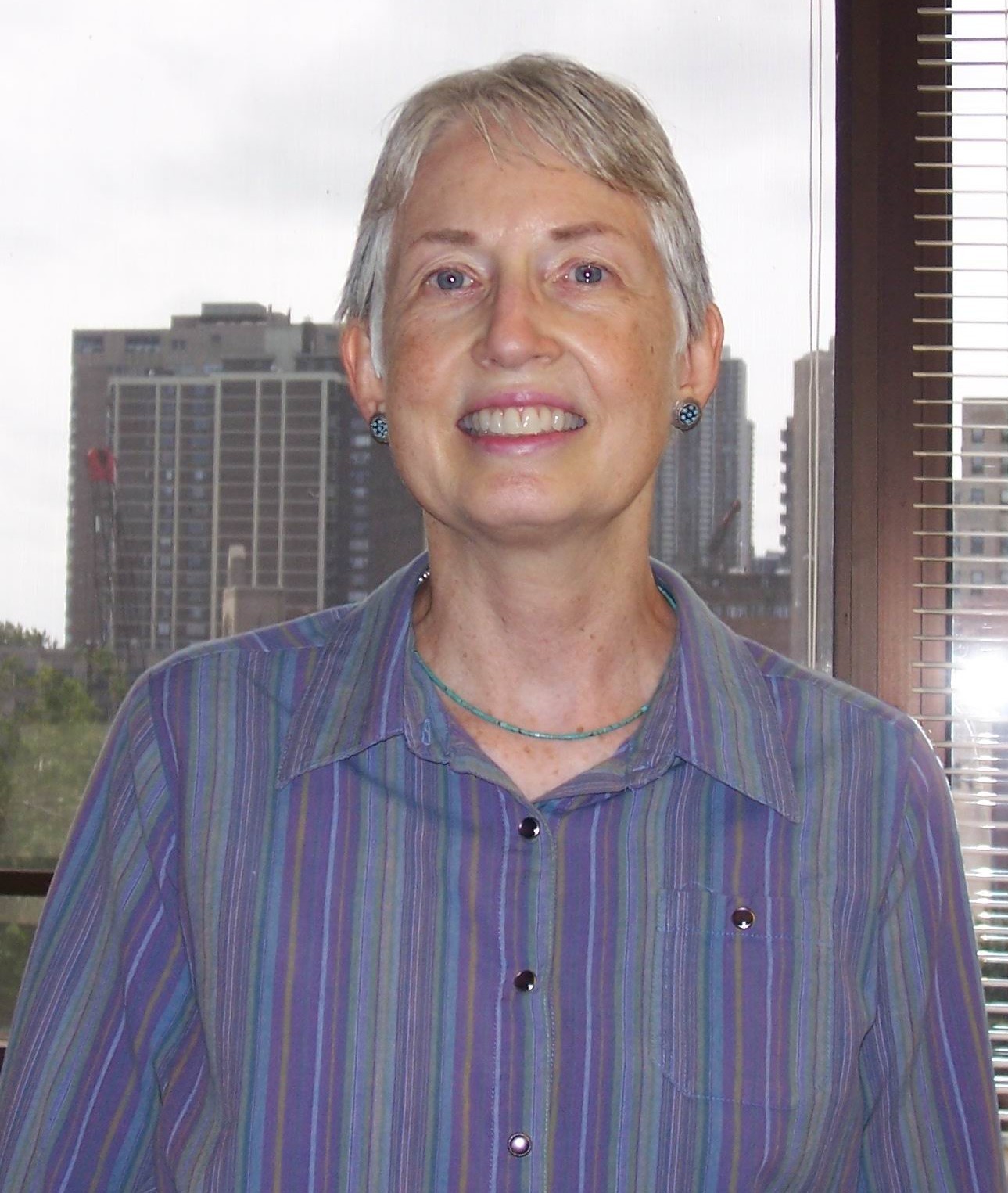
HIRSCH, Susan E.
Title/s: Professor Emerita
Specialty Area: American Labor, Urban and Gender History
Email: shirsch@luc.edu
CV Link: Hirsch CV

Title/s: Professor Emerita
Specialty Area: American Labor, Urban and Gender History
Email: shirsch@luc.edu
CV Link: Hirsch CV
Susan E Hirsch (University of Michigan, Ph. D. 1974; Vassar College, A. B. 1966) is Professor Emerita of History at Loyola University Chicago and former Chairperson of the History Department. At Loyola she taught classes in urban, labor, women’s, and recent American history as well as the graduate seminar in quantitative history.
Her research focuses on labor, work, and social structure. In a variety of projects she examined how race, gender, and ethnicity interacted at the workplace or in the city to structure mass organization and people's ability to make change or control their lives. In Roots of the American Working Class: The Industrialization of Crafts in Newark, 1800-1860 (Philadelphia, Pa.: University of Pennsylvania Press, 1978) and in After the Strike: A Century of Labor Struggle at Pullman (Urbana, Ill.: University of Illinois Press, 2003) she explored how craftsmen contested the deskilling of their work and the difficulties of creating worker unity in mixed ethnic and mixed racial workforces. Her long interest in the history of Chicago began with curating the exhibit, A City Comes of Age: Chicago in the 1890s, for the Chicago History Museum. Currently she is exploring how Chicago’s multicultural and multiracial population shaped the city’s institutions and self-image. As part of this project, she has written two articles on the little researched German-American population of the city, which was its largest ethnic subgroup in the early twentieth century.
Dr. Hirsch was awarded a Fulbright Scholarship in 2001 for teaching at the University of Munich in Germany. Prior to coming to Loyola, she was Associate Director of the Program on Women (a research center) at Northwestern University, and she taught at the University of Virginia as an Assistant Professor.
My research focuses on labor, work, and social structure. In a variety of projects I have examined how race, gender, and ethnicity interact at the workplace or in the city to structure mass organization and people's ability to make change or control their lives. Currently I am working on a history of ethnic and race relations in Chicago in the twentieth century.
"Ethnic and Civic Leadership in the Progressive Era: Charles H. Wacker and Chicago," Journal of American Ethnic History 35, 4 (Summer 2016):5-31.
"Economic Geography," Encyclopedia of Chicago (Chicago: University of Chicago Press, 2004); reprinted in Chicago Neighborhoods and Suburbs: A Historical Guide, ed. Ann Durkin Keating (Chicago: University of Chicago Press, 2008), 64-75 and in Chicago Business and Industry: From Fur Trade to E-Commerce, ed. Janice L. Reiff (Chicago: University of Chicago Press, 2013), 19-31.
After the Strike: A Century of Labor Struggle at Pullman. Urbana, IL: University of Illinois Press, 2003.
The War in American Culture: Society and Consciousness during World War II. Ed. with Lewis Erenberg. Chicago: University of Chicago Press, 1996.
A City Comes of Age: Chicago in the 1890s. With Robert Goler. Chicago: Chicago Historical Society, 1990.
Roots of the American Working Class: The Industrialization of Crafts in Newark, 1800-1860. Philadelphia: University of Pennsylvania Press, 1978.